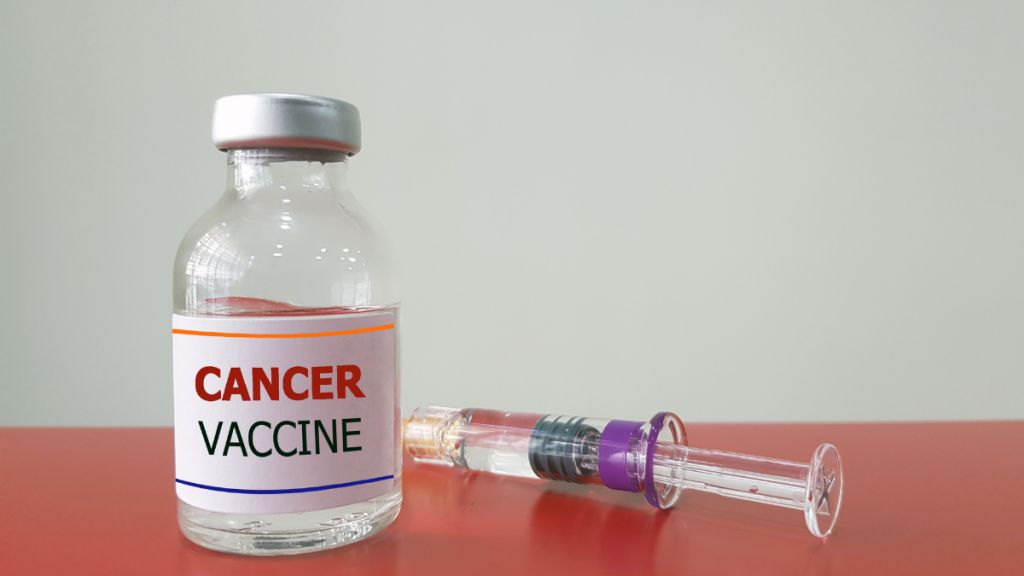
In a significant medical breakthrough, the Russian government has announced the development of its own cancer vaccine. This vaccine is expected to launch in early 2025 and to be provided free of charge to patients throughout the country.
"Russia has developed its own mRNA vaccine against cancer, it will be distributed to patients free of charge," said Andrey Kaprin, General Director of the Radiology Medical Research Centre of the Russian Ministry of Health. His comments, made during an interview with Radio Rossiya, were reported by the Russian news agency TASS.

This announcement follows earlier remarks by Russian President Vladimir Putin. In televised comments earlier this year, he stated, "We have come very close to the creation of so-called cancer vaccines and immunomodulatory drugs of a new generation."
AI accelerates vaccine development
The development of vaccines has been greatly enhanced by advancements in artificial intelligence. Alexander Gintsburg, Russia’s vaccine chief, emphasised the transformative impact of artificial neural networks in decreasing the time needed to create personalised cancer vaccines.
"Now it takes quite long to build [personalised vaccines] because computing how a vaccine, or customised mRNA, should look like uses matrix methods, in mathematical terms," Gintsburg explained. "We have involved the Ivannikov Institute, which will rely on AI in doing this math, namely neural network computing, where these procedures should take about half an hour to an hour."

The application of AI in this context marks a significant advancement in the field of oncology, potentially streamlining the complex and time-consuming process of customising vaccines.
Vaccines role in cancer management
Cancer vaccines work by utilising the body’s immune system to fight against the disease. They stimulate the immune system to recognise and attack cancer cells, often by targeting specific proteins or antigens that are present in tumours.
There are two main types of cancer vaccines: therapeutic and preventive. Therapeutic cancer vaccines are designed to train the immune system to identify and destroy cancer cells. They may use modified viruses to deliver tumour-specific antigens. On the other hand, preventive vaccines, such as the HPV vaccine, protect against cancer-causing viruses, thereby reducing the risk of developing cancers like cervical cancer.
By enhancing the body’s natural defences, these vaccines can slow tumour growth, prevent recurrence, or even eliminate early-stage cancers.
Promising future in oncology
The introduction of Russia’s cancer vaccine marks a significant step forward in the global fight against cancer. With its free distribution policy, the vaccine has the potential to make cutting-edge cancer care accessible to a wide population.
As trials progress and the vaccine’s launch approaches, the medical community will closely watch how this breakthrough impacts cancer management and treatment outcomes worldwide.